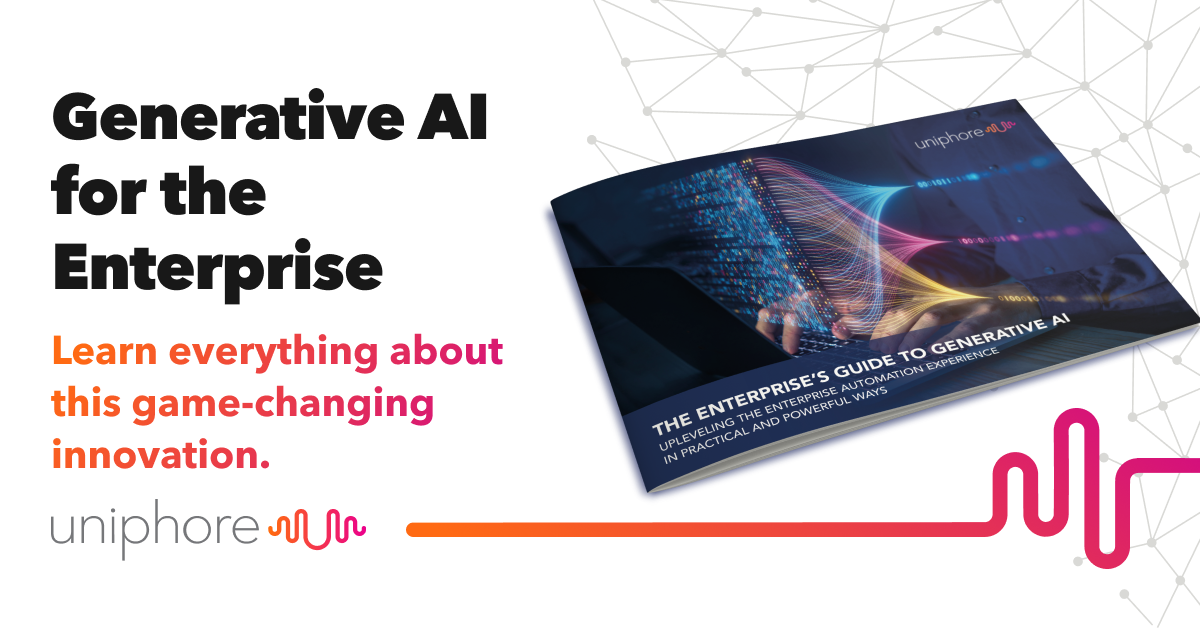Customer experience is so important to consumers, that 75% of research participants told American Express1 they’ve spent more with companies that have a history of positive customer experience.
In an effort to serve customers better, 93% of companies require customer service agents to use multiple applications, reveals ContactBabel’s guide to contact center decision makers2. We’ve seen desktops with over twenty applications! This decision aligns with professionals’ perceptions in an omni-channel world, but it’s costing companies a lot of money.
According to Cisco3, 40% of Gen X and Y professionals consider themselves “supertaskers”, able to efficiently perform more than 2 tasks at once. However, Forrester Research4 found that multiple applications actually lead to inefficiency for 42% of contact centers.
Why Multi-Application Agent Desktops Cost You a Lot of Money
Does this sound familiar?
Your customer service agents are responsible for delivering top notch customer experiences, but it takes them a long time to serve customers because they need to alt-tab their way around pieces of information.
The path is clear to mistakes that anger customers and sometimes result in unnecessary costs. Your agents spend a large portion of their shifts dealing with repeat customer complaints, and the pressure intensifies when they’re unable to meet call time and sales goals. Contact center turnover increases, recruitment costs rise and training new agents takes longer than you’d like.
It doesn’t have to be this way.
How Unified Agent Desktops Drive Profits for Contact Centers
With unified agent desktops, new agents learn the ropes faster and get to work. Simplified work systems increase productivity and decrease errors, so call times decrease and more issues can be resolved in one single call. Customers are happier, which means they stay loyal to your company.
Agents get access to all the information and tools they need in one clean, unified console, so they can finally focus on the people on the other end of the line. Agents can take the time they saved browsing through multiple applications to develop personal relationships with customers.
According to Psychology Today5, fMRI neuro-imagery studies indicate that people make purchase decisions based on emotions rather than facts. A unified desktop doesn’t only make it easier for agents to quickly review customer history so they can resolve the issue more efficiently. It frees them up to create empowering emotional connections with customers, and differentiate your company by making each communication a wonderful experience. Your bonus? The focused attention agents give customers leads to more accurate upsell suggestions.
When goals are met and revenue increases, the environment in contact centers grows happier. Happier people are more productive, creative and engaged in their work, reports Harvard Business Review6. Chances are, they’d like to stay happy, so they’d be more inclined to stay in your company longer, which means you’ll cut recruitment costs and benefit from agents’ experience. As a result, with unified agent desktops, you can retain your top talent and increase your bottom line.
1 http://about.americanexpress.com/news/docs/2012x/axp_2012gcsb_us.pdf
2 https://ccng.com/files/pdfs/US%20DMG%202014%20Executive%20Summary%20CCNG.pdf
3 http://newsroom.cisco.com/press-release-content?type=webcontent&articleId=1528226
4 http://www.aspect.com/globalassets/aspect_com/sharepoint-resource-catalog/chinese/aspect-ngcc-forrester-wp.pdf
5 https://www.psychologytoday.com/blog/inside-the-consumer-mind/201302/how-emotions-influence-what-we-buy
6 https://hbr.org/2012/01/positive-intelligence/ar/1
[About the author]

